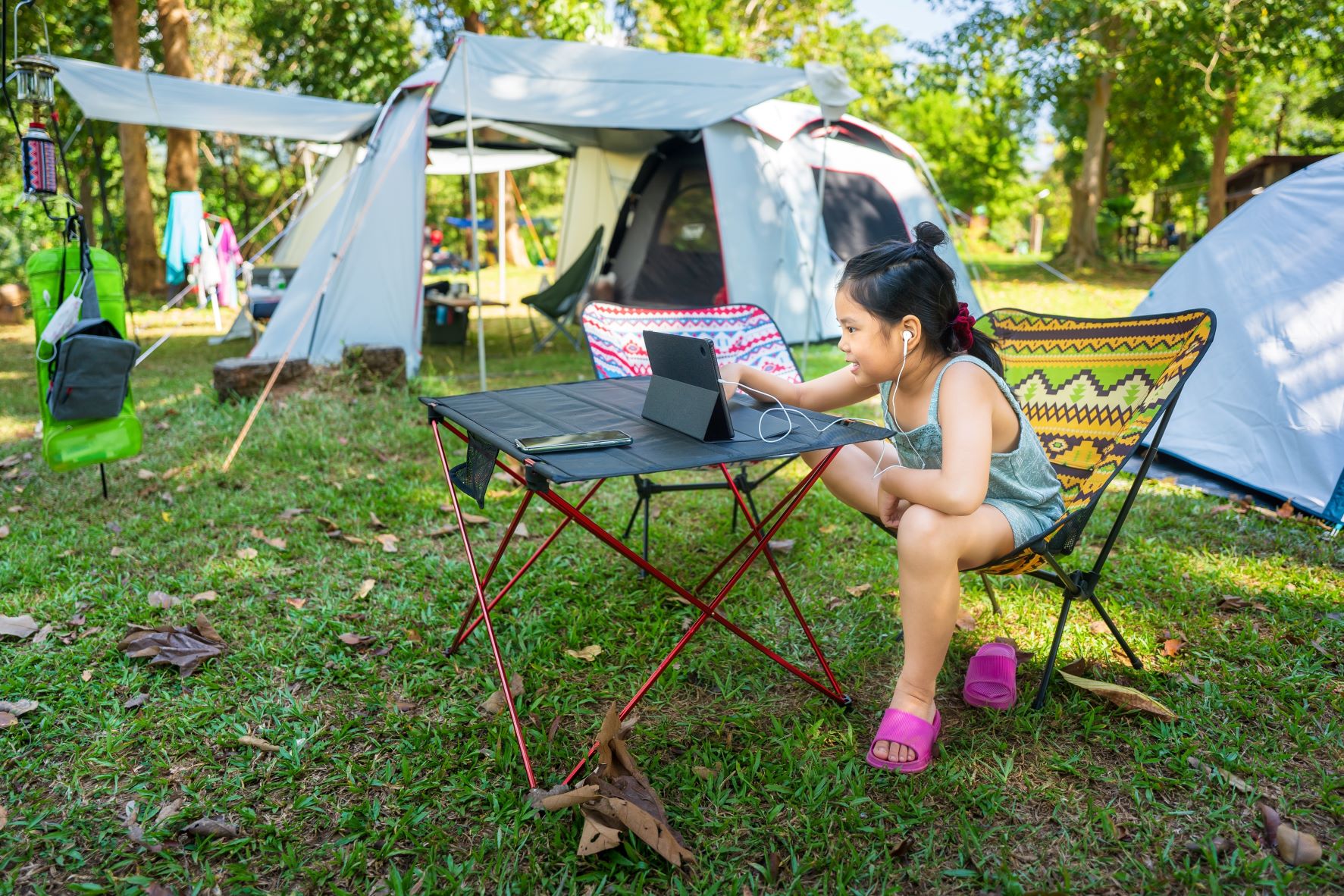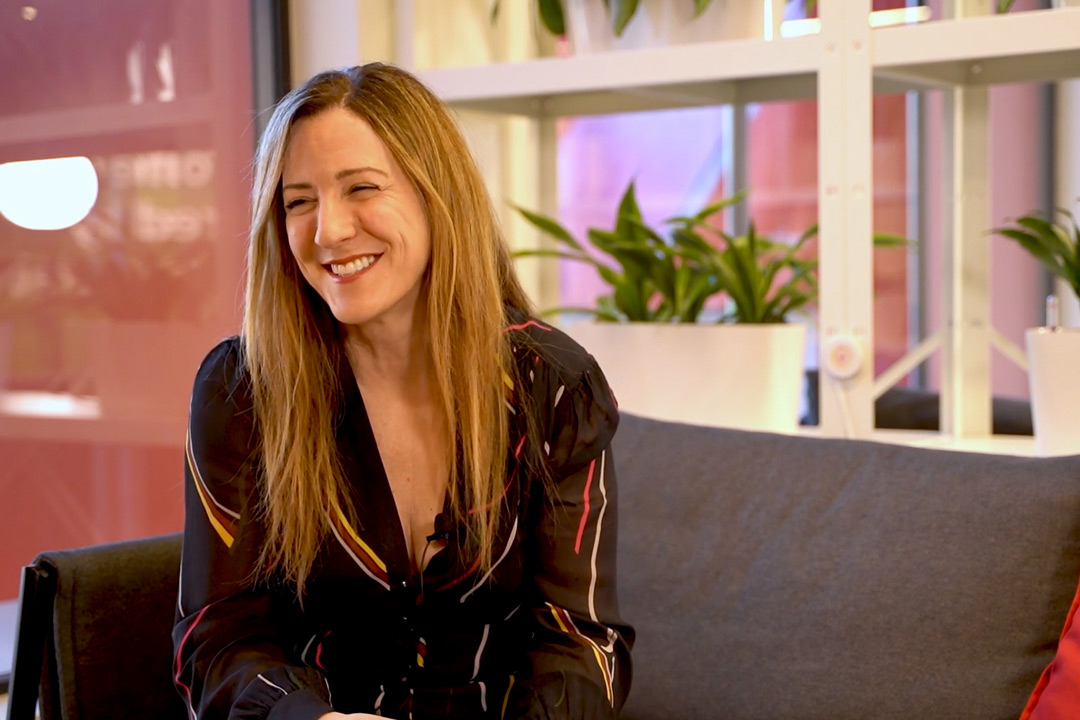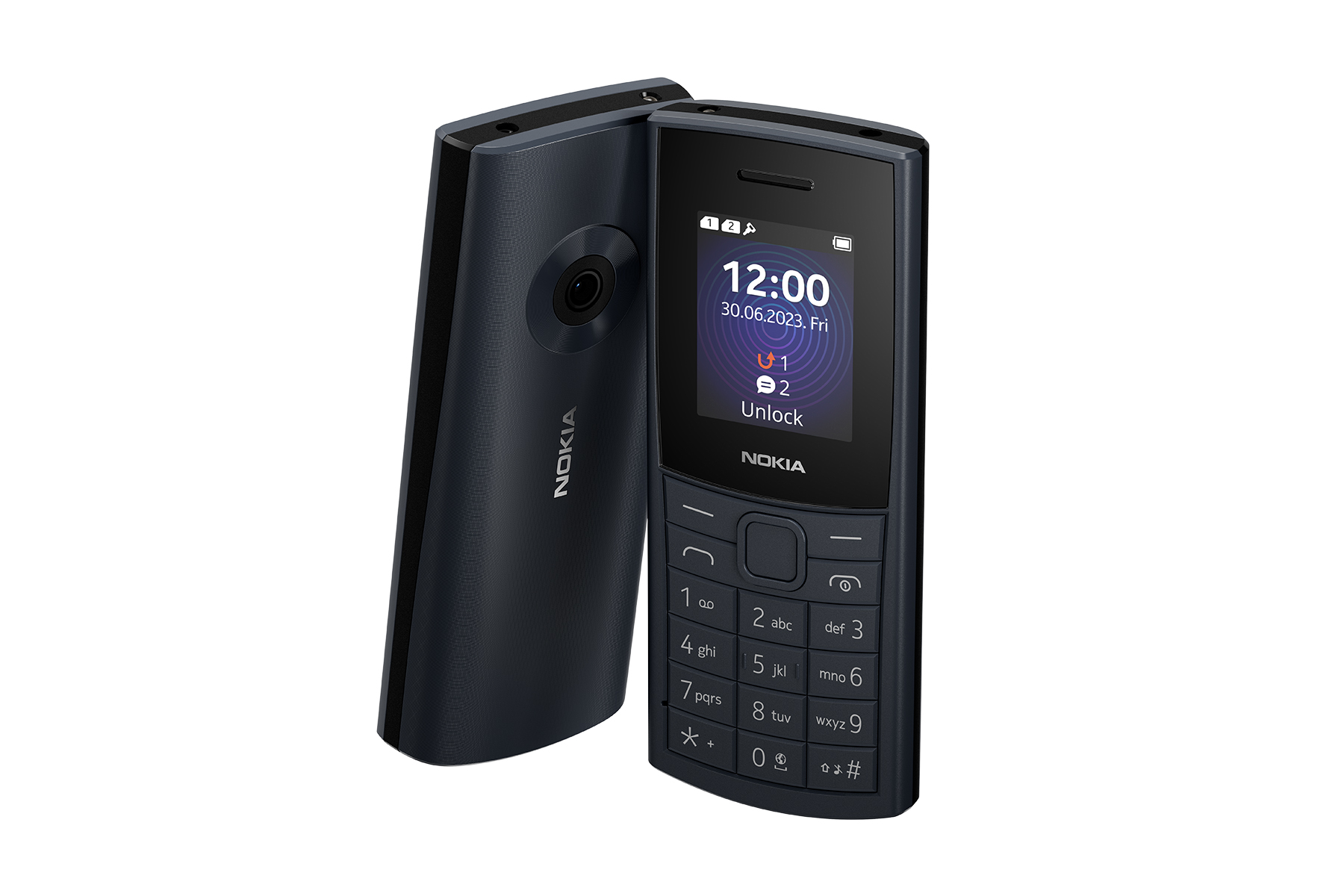Worried about your kids forgetting what they've learned before the long summer break? Fear not, our experts are on hand with advice and recommendations on how to keep their synpases firing.
At the risk of sounding like a summer season killjoy, it’s an unwelcome truth that the average school child’s learning not only slows during the summer holidays, it actually reverses.
When researchers studied the phenomenon in 2017, they found that achievement scores dropped by one whole month’s worth of school-time learning. The decline was more dramatic for maths than for English, and was more pronounced among older school children.
But there’s no need to cancel the holiday just yet, because there’s always an app that can come to the rescue, right? Last summer, apps labelled as ‘educational’ were downloaded 470 million times from the Apple App Store, largely by parents keen to counter this slump in learning.
It sounds like an easy fix, but just how educational are most of these apps?
Unsure about the metaverse? What parents need to know
The metaverse might sound distant or daunting, but it's already on its way and it needn't be threatening or harmful.
“We all know children love apps, but as parents and researchers it’s sometimes harder to work out how much children can learn from them,” says Grace Pocock, a PhD researcher at Royal Holloway, University of London, whose work focuses on what children can learn from ‘educational’ apps and what features makes these apps educational or otherwise.
“Any app can label itself as educational,” she adds, “so it’s important we don’t assume that children can always learn from them. Research on the science of learning can help us all make more informed decisions about whether an app is likely to be educational.”
How to pick the right learning apps
“When looking for an educational app, it’s important to look beyond the bells and whistles,” says Ms Pocock. “Just because an app holds a child’s attention doesn’t mean they will learn from it.
“While pop-ups and mini-games might be fun for your child, they could also be distracting them from what the app is claiming to teach.”
In 2015, one study identified four factors that help determine if an ‘educational app’ really lives up to the claim. The learning experience, they wrote, must be:
- active,
- engaging
- meaningful
- social.
Digital babysitting?
So how can we establish whether an app is actually teaching our children, or just acting as a digital babysitter?
“One of the best things you can do before you choose to give an app to a child is to try it out for yourself,” suggests Ms Pocock. “Ask yourself questions like: Does the experience make sense? Is it age appropriate? Is it similar to what they’ve been learning at school or nursery?”
Social media and parental controls: Everything you need to know
Digital Awareness UK's Emma Robertson takes us through the social media safety features we definitely need to know about.
Another question might be: Does it give feedback and encouragement? Apps that do so are more likely to lead to real learning, she suggests, partly because it adds a layer of interactivity to the child’s experience and partly because we all benefit from a little positive reinforcement.
“If you’re able to answer yes to all of those questions, then that’s a great place to start.”
Social interaction
But there’s a little more to the process than simply handing over the screen to your child and making yourself another Aperol Spritz, Ms Pocock warns.
“How you and your child use the app is as important – if not more important – than the app itself. We know that children learn so much through social interaction.”
So she suggests:
- sitting with your child while they use the app;
- asking them questions about what they are learning;
- asking how this relates to what they know already;
- giving feedback and encouragement.
“This will almost definitely improve their enjoyment of the app,” she says, “as well as boosting their learning from it.”
Three recommended apps
If you’re feeling daunted, don’t worry, help is at hand. Christine Elgersma is senior editor of learning content at Common Sense Media, a non-profit organisation that researches the role of media in children’s lives and reviews technology that is aimed at them.
“To keep kids learning over the summer, here are three apps I’d recommend,” she says. “I’ve focused on maths, since that’s often where skills ‘slide’ the most.”
Pre-school age: Khan Academy Kids Note: “Actually, it’s for more than just maths.”
Primary school age: Math Makers Note: “Especially if you buy the bundle with Slice Fractions included.”
Secondary school age: Kahoot! Algebra 2 by DragonBox Note: “It’s great for algebraic thinking in general.”
The best education apps for your kids
Make screen time meaningful with these tried-and-tested educational apps for children.
Why not ask teachers what apps they would recommend?
Lastly, and perhaps most importantly: don’t stress. Keeping kids learning and engaged during the holiday might be important, but so is having fun, relaxing and getting active in the summer sunshine. As ever, it’s all about getting the balance right.
Stay up-to-date with the very latest news from Vodafone by following us on Twitter and signing up for News Centre website notifications.

![Young woman waiting for job interview indoors [Adobe Stock] stock image of a young woman waiting for job interview indoors](https://www.vodafone.co.uk/newscentre/app/uploads/2024/06/2-Young-woman-waiting-for-job-interview-indoorsAdobe-Stock.jpg)

![black and white photo of a girl's face with smoke [Adobe Stock] an AI-generated stock image of a girl's face partially covered in smoke](https://www.vodafone.co.uk/newscentre/app/uploads/2024/05/black-and-white-photo-of-a-girls-face-with-smoke-Adobe-Stock.jpg)

![girl smiling confident voting at electoral college [Adobe Stock] stock photo of a girl smiling while confidently voting at a mock election](https://www.vodafone.co.uk/newscentre/app/uploads/2024/05/girl-smiling-confident-voting-at-electoral-college-Adobe-Stock.jpg)




![Portrait of school age boy sitting at kitchen table do not want to eat[Adobe Stock] stock photo of a young boy sitting at a kitchen table, refusing to eat the food in front of him](https://www.vodafone.co.uk/newscentre/app/uploads/2024/03/Portrait-of-school-age-boy-sitting-at-kitchen-table-do-not-want-to-eatAdobe-Stock.jpg)